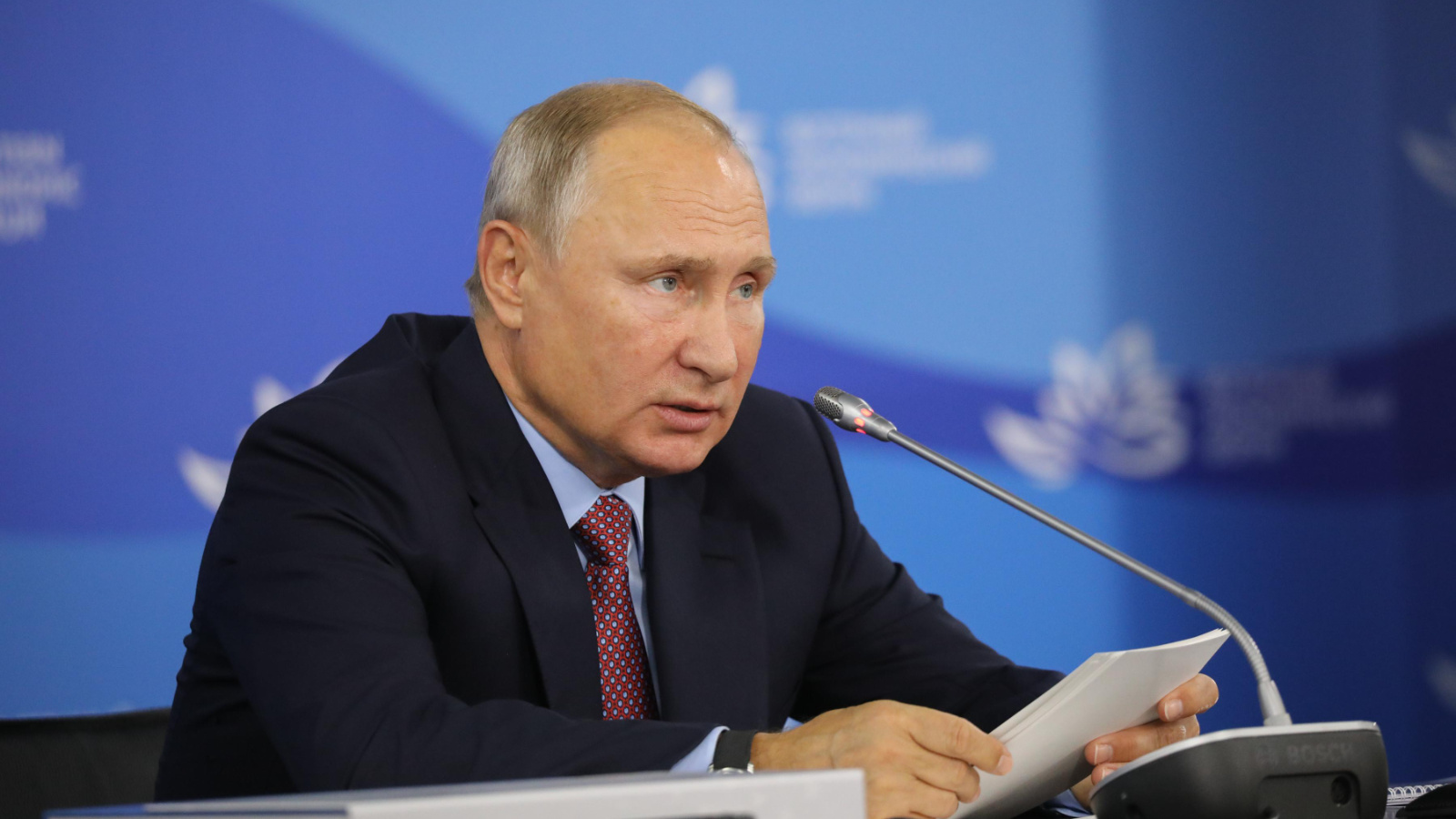Vladimir Putin instructed to strengthen control over public procurement

The government will analyze the situation with public procurement and the procedure for determining prices. This instruction was given by Russian President Vladimir Putin following a meeting with entrepreneurs. The list of instructions is published on the Kremlin's website. It pays special attention to issues of government and corporate procurement, the priority of Russian products and the effectiveness of the national regime.
National regime
Due date: November 1, 2025
The Government has been instructed to analyze how, in practice, customers ensure the priority of domestic goods, works and services. The focus is not only on purchases under 44—FZ, but also purchases of certain types of legal entities (223-FZ), as well as purchases financed from the budget, but formally not subject to these laws.
The goal is to prepare proposals aimed at increasing the share of purchases of Russian goods and services provided by Russian contractors.
Support through pricing
Due date: November 1, 2025
The next block of instructions concerns the mechanism for determining prices during purchases. The Government should analyze the existing procedure for calculating the cost of goods and services purchased for state needs and the needs of state corporations. As a result, it is planned to present new proposals to stimulate the production of domestic products, including through pricing mechanisms.
Tightening controls and expanding preferences
Due date: December 1, 2025
The President also instructed to improve control over compliance with national regulations in public procurement and procurement of individual customers. Special emphasis is placed on the need to expand the list of cases where mandatory purchase of Russian goods is required. In the future, amendments to legislation will be introduced if legal grounds are required for this.
Why is this important?
These instructions indicate that Russia's priority is not just a political declaration, but an instrument of active industrial policy. This is especially true against the background of sanctions pressure and the need to strengthen technological sovereignty.